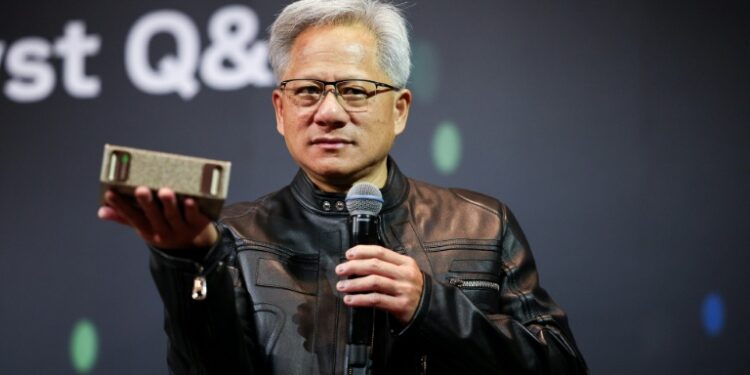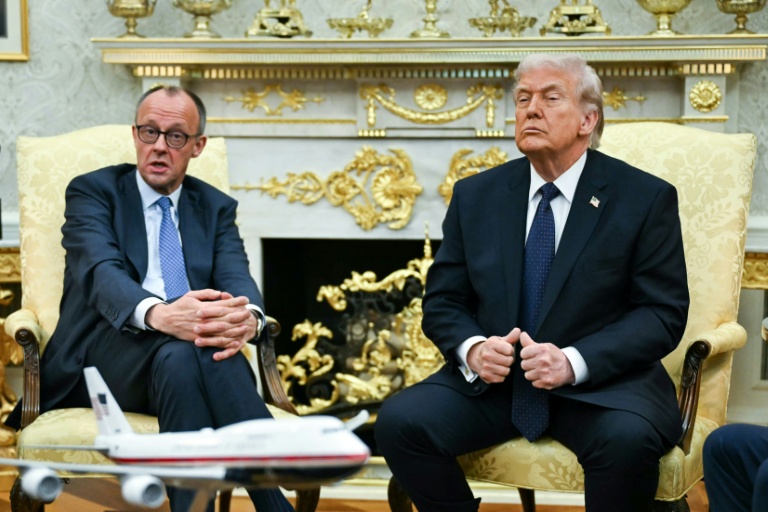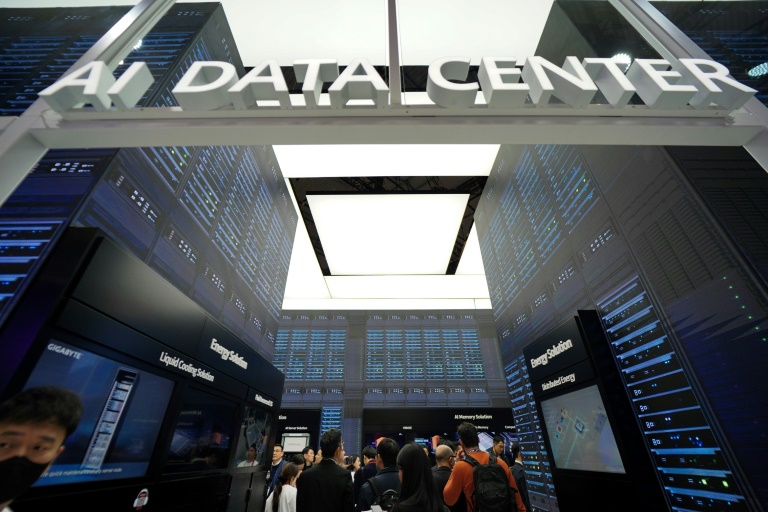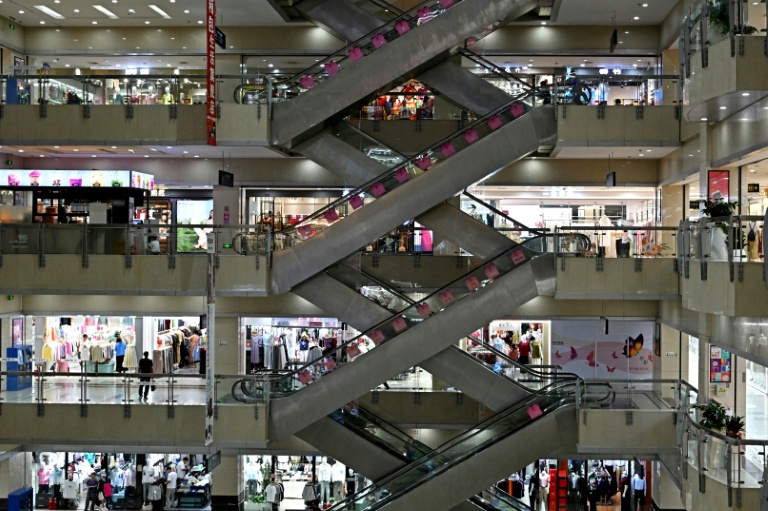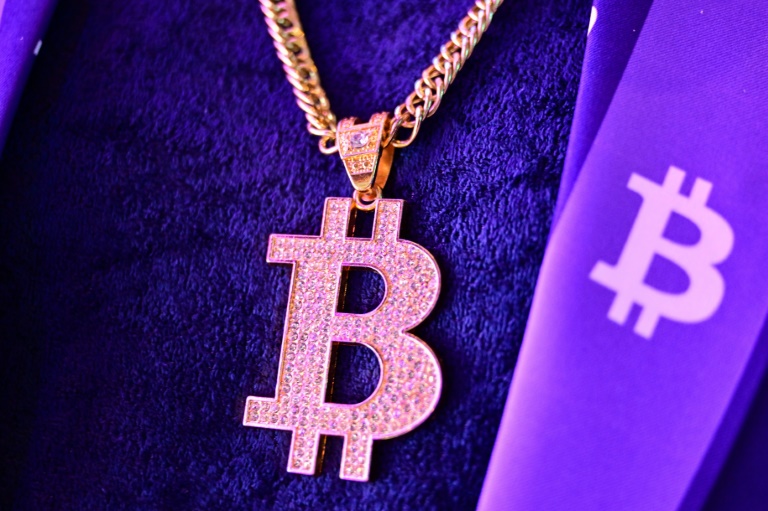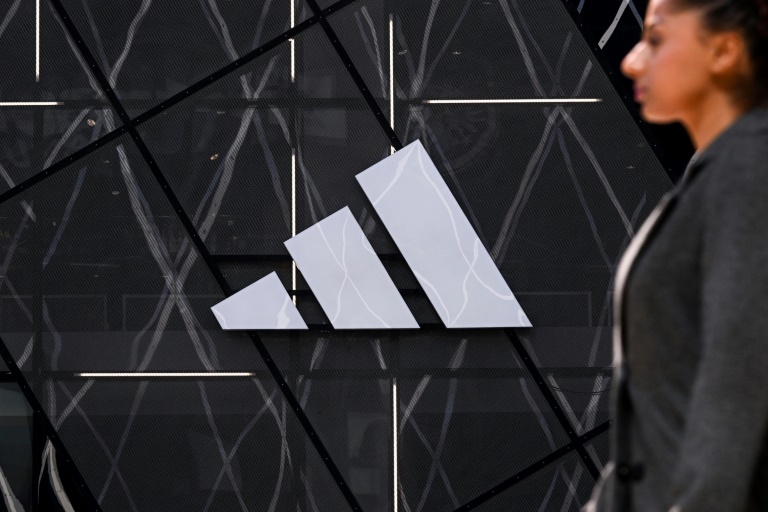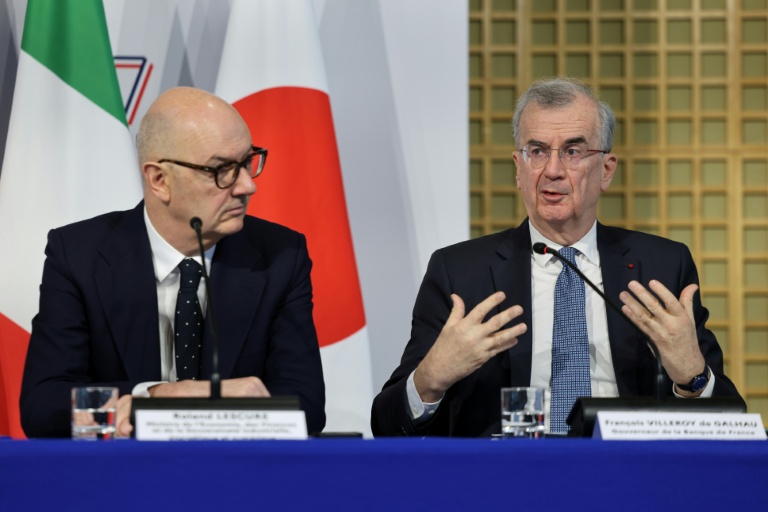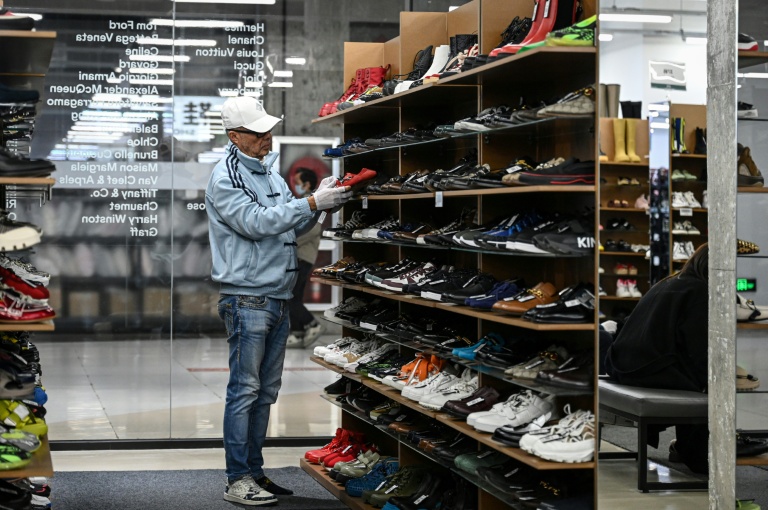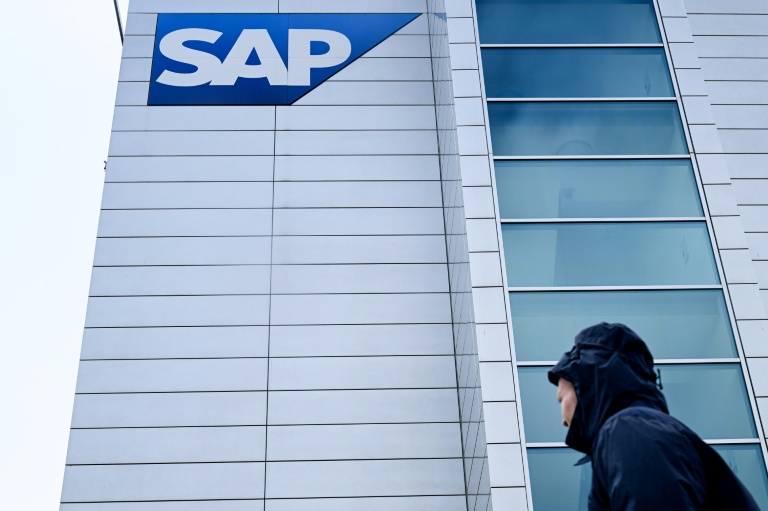Beijing (AFP) – US tech giant Nvidia announced Tuesday it will resume sales of its H20 artificial intelligence chips to China after Washington pledged to remove licensing restrictions that had halted exports. The California-based company produces some of the world’s most advanced semiconductors but cannot ship its most cutting-edge chips to China due to concerns that Beijing could use them to enhance military capabilities. Nvidia developed the H20—a less powerful version of its AI processing units—specifically for export to China. However, that plan stalled when the Trump administration tightened export licensing requirements in April.
“The US government has assured Nvidia that licenses will be granted, and Nvidia hopes to start deliveries soon,” the company said in a statement Tuesday, adding it was “filing applications to sell the Nvidia H20 GPU again.” CEO Jensen Huang, wearing his trademark black leather jacket, told reporters in a video published by Chinese state broadcaster CCTV: “I’m looking forward to shipping H20s very soon, and so I’m very happy with that very, very good news.”
Defending the policy change, Trump’s AI Czar David Sacks told CNBC that the H20 was a “deprecated chip” that is “not anywhere close to the state of the art.” He said the reversal on the H20 came because Nvidia’s Chinese rival Huawei was making “huge strides” and could potentially threaten Nvidia’s market dominance. China represents a crucial market for Nvidia, but recent US export restrictions have intensified competition from local players like homegrown champion Huawei. “We don’t want to sell China our latest greatest technology, but I do think we at least want to make it a little bit difficult for Huawei,” Sacks said. Sacks also noted that the decision was linked to ongoing trade negotiations between Washington and Beijing that are locked in a bitter trade feud. Beijing has criticized Washington’s curbs as unfair and designed to hinder its development.
Zhang Guobin, founder of Chinese specialist website eetrend.com, said the resumption would “bring substantial revenue growth, making up for losses caused by the previous ban.” It would also ease trade friction impacts on the global semiconductor supply chain, he told AFP. However, he noted Chinese firms would remain focused on domestic chip development, adding that “the Trump administration has been prone to abrupt policy shifts, making it difficult to gauge how long such an opening might endure.”
Huang will attend a major supply chain gathering Wednesday, according to event organizers, his third trip to China this year, CCTV reported. During an April visit to Beijing, Huang told Chinese Vice Premier He Lifeng he “looked favorably upon the potential of the Chinese economy” and was “willing to continue to plow deeply into the Chinese market and play a positive role in promoting US-China trade cooperation,” state news agency Xinhua reported.
The tightened US export curbs come as China’s economy wavers, with domestic consumers reluctant to spend and a prolonged property sector crisis weighing on growth. President Xi Jinping has called for greater self-reliance amid increasing external uncertainty. The Financial Times reported in May that Nvidia was planning to build a research and development center in Shanghai, though neither Nvidia nor city authorities confirmed the project to AFP. China’s economy grew 5.2 percent in the second quarter, official data showed Tuesday, as analysts had predicted strong exports despite trade war pressures.
© 2024 AFP

